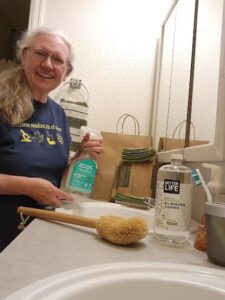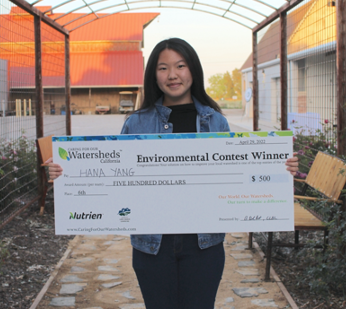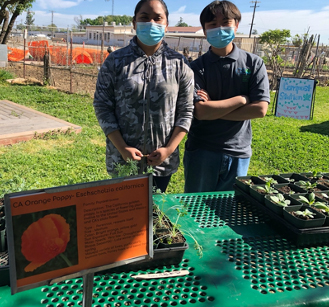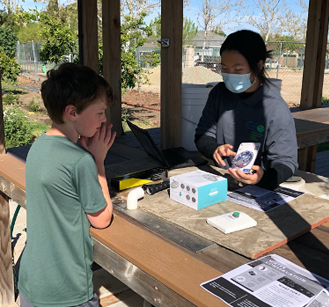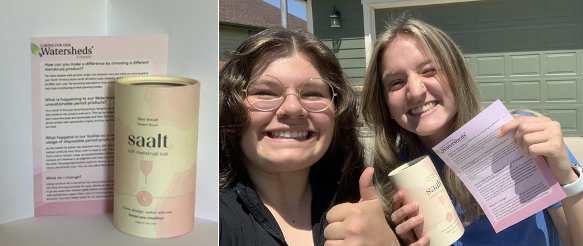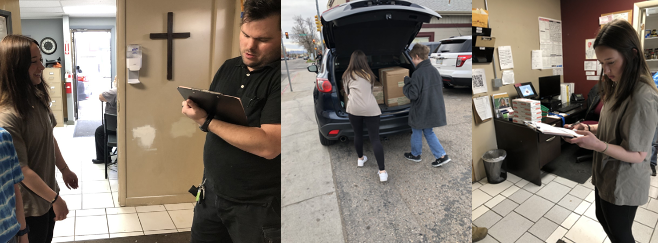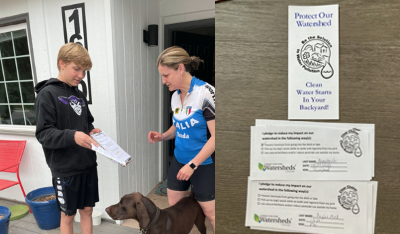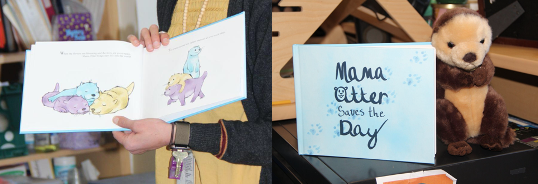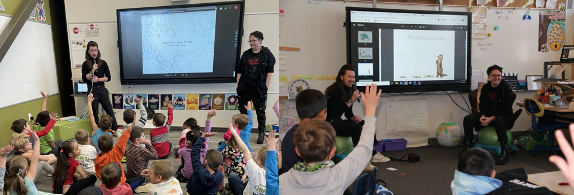2023, BERTHOUD, COLORADO, USA
Olivia Martinez from Berthoud High School addressed the effects of the improper use of chemical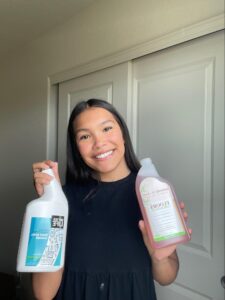 cleaning products on her watershed by creating green cleaning kits containing ingredients that are not harmful to the watershed. Olivia’s project helped find better products for families, industrial buildings, and schools that will essentially benefit the watershed rather than hurt it. Changing the way we clean would ultimately help the environment by reducing air pollution, protecting endangered species, and can assist in preserving Earth’s natural resources. This solution addressed Targets 14.1 and 6.1 of the Sustainable Development Goals.
cleaning products on her watershed by creating green cleaning kits containing ingredients that are not harmful to the watershed. Olivia’s project helped find better products for families, industrial buildings, and schools that will essentially benefit the watershed rather than hurt it. Changing the way we clean would ultimately help the environment by reducing air pollution, protecting endangered species, and can assist in preserving Earth’s natural resources. This solution addressed Targets 14.1 and 6.1 of the Sustainable Development Goals.
